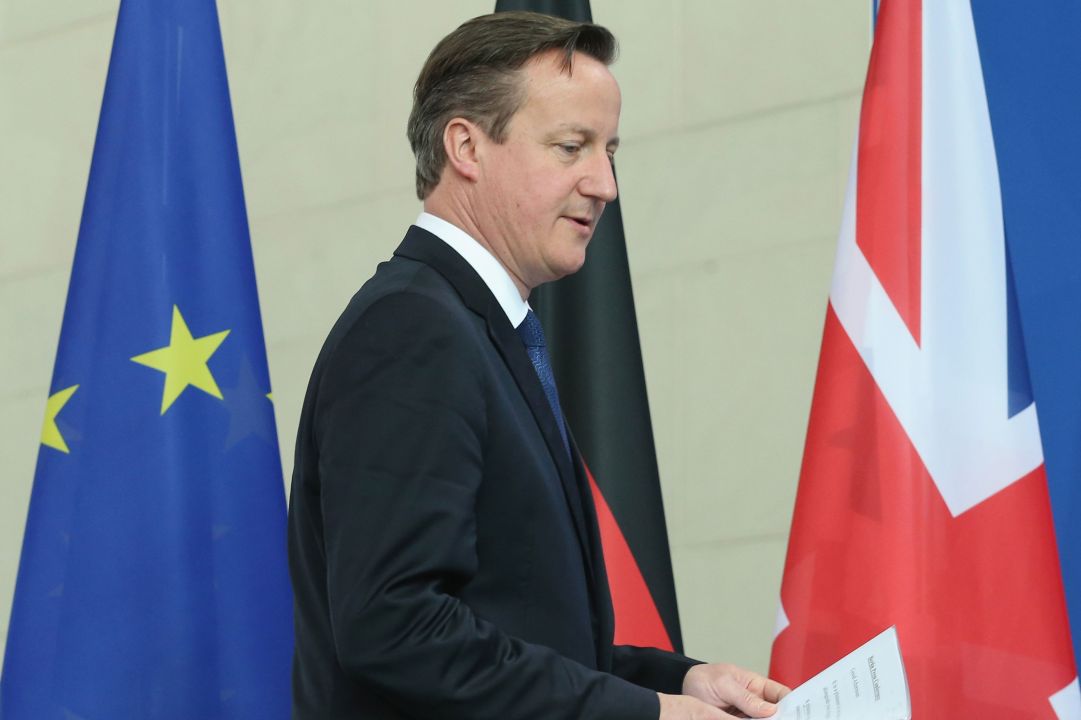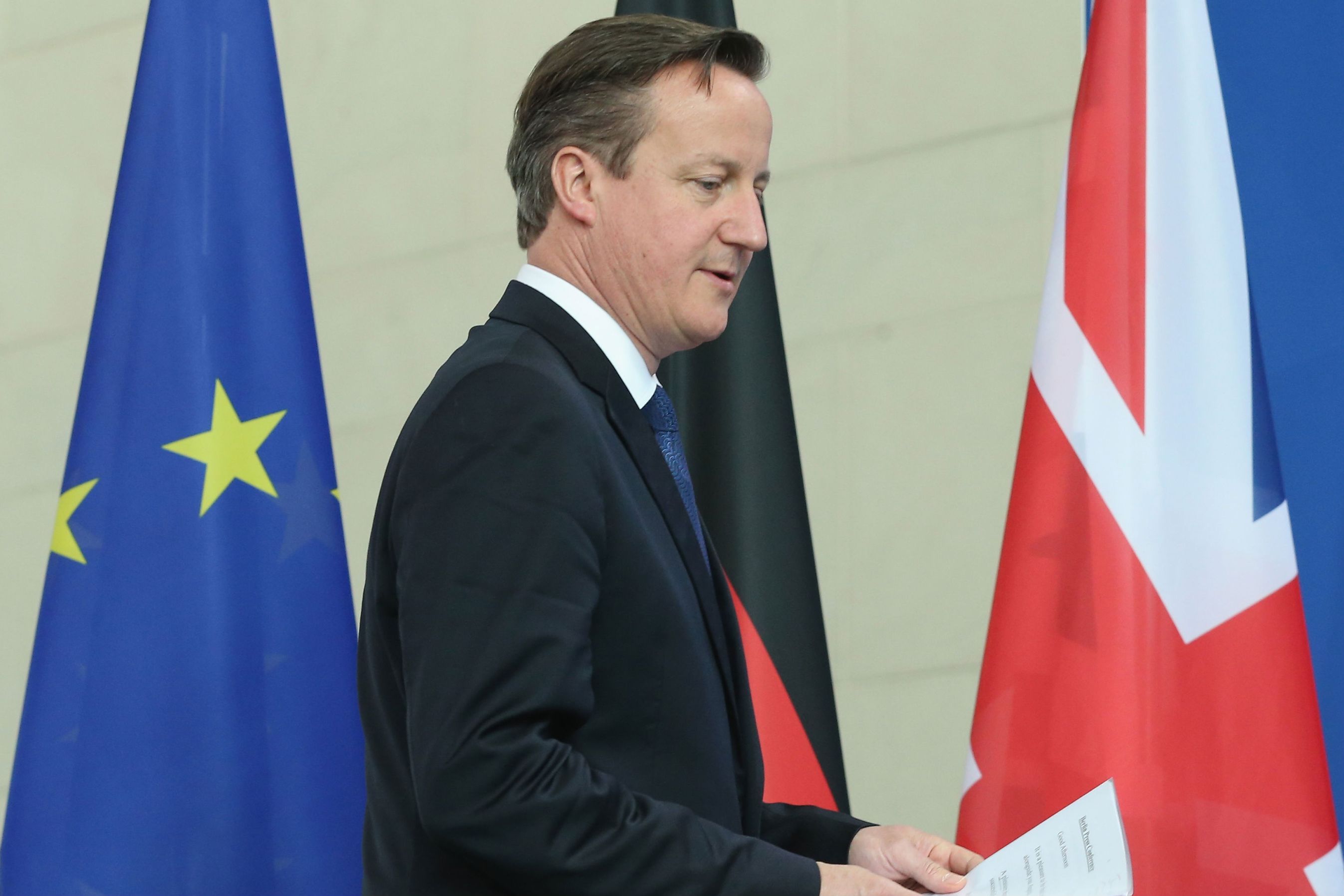David Cameron’s decision to wade into the EU debate by dismissing the Norway option and warning that there is no ‘milk and honey’ alternative to EU membership is one of the most significant political moments of this parliament. It is Cameron entering the referendum fray, and long before the renegotiation has been concluded.
On one level, Cameron is correct. There are Eurosceptics who have advocated the Norway option. In his keynote speech on Europe last year, Owen Paterson — who is on the parliamentary planning committee of Vote Leave — declared:
‘This brings us to the only realistic option, which is to stay within the EEA agreement. The EEA is tailor made for this purpose and can be adopted by joining EFTA first. This becomes the “Norway option”. We have already seen that Norway has more influence in international decision-making than we do as an EU Member State. Using the EEA ensures full access to the Single Market and provides immediate cover for leaving the political arrangements of the EU’.
But on another, Cameron’s intervention is a mistake. It has made him a partisan in this debate long before the renegotiation has been concluded. It will now be that much more difficult for him to say that it is the renegotiation that has persuaded him Britain should stay in the EU.
The In Campaign believe that the Out campaign’s greatest weakness is the fact that they can’t spell out what deal Britain would have with the EU post-exit. They believe that, as with Alex Salmond and the currency question, they can hammer away it and that ultimately it will convince undecided voters that exit is too much of a leap into the unknown. But the fact that Cameron is getting involved already shows that this referendum is going to be a very close fought fight.








Comments